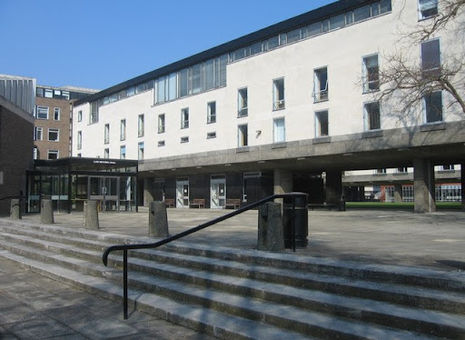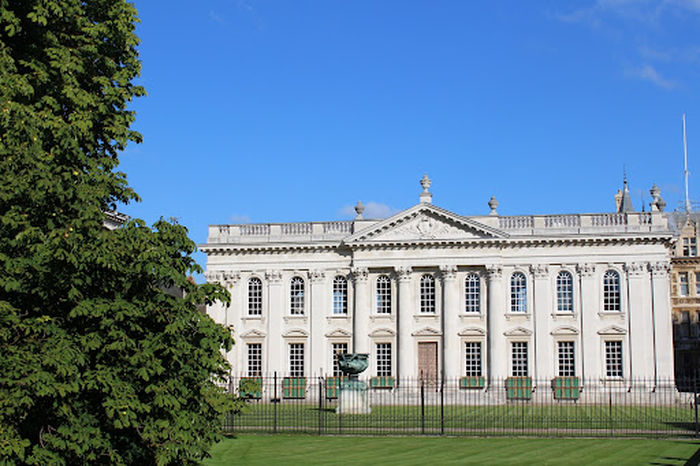Cambridge academics win British Academy award
Professor Richard Dance led the project which won this year’s Sir Israel Gollancz prize for its investigation into Scandinavian influence on English

St Catharine’s College Fellow Professor Richard Dance and Dr Brittany Schorn of the Anglo-Saxon, Norse and Celtic (ASNC) department have been awarded the 2021 Sir Israel Gollancz Prize, alongside Dr Sara M. Pons-Sanz, for their work on the Gersum Project, which investigated Scandinavian influence on the English language.
The team, which was comprised of Professor Dance as Principal Investigator, Dr Pons-Sanz of Cardiff University as Co-Investigator and Dr Schorn as Research Associate, carried out the project from 2016 to 2020, drawing on a large corpus of Middle English poems to investigate the Scandinavian origins of over 900 words.
Funded by the Arts and Humanities Research Council (AHRC), the Gersum Project is the fullest ever survey of English words derived from Old Norse. The findings of the research are now publicly available online as a fully-searchable database of words, supported by the University of Sheffield’s Digital Humanities Institute.
The Sir Israel Gollancz Prize, named after the first Secretary of the British Academy, is worth £400 and is awarded to work related to the fields of Anglo-Saxon, early English Language and Literature, English philology or the history of the English language.
Accepting the award in the winners’ announcement video, Professor Dance paid tribute to the award’s namesake, saying: “It’s a special privilege to receive a prize named to commemorate the scholarship of Sir Israel Gollancz, whose brilliant, groundbreaking work on Middle English alliterative verse we used every day in our quest into the rich and diverse vocabulary of these extraordinary poems.”
Dance also thanked everyone who had supported the project, calling it a “massive team effort.”
Dance added: “We would like to thank the Arts and Humanities Research Council, for the enormous faith they showed in the project by funding us. We also owe a big debt to the Universities of Cambridge and Cardiff for all their support, including our trial research, which was carried out by Matthias Ammon in Cambridge.
“And we would like to say a gigantic thank you to all our wonderful colleagues in the School of English, Communication and Philosophy in Cardiff, and in the Anglo-Saxon, Norse & Celtic Department and St Catharine’s College in Cambridge.”
The Gersum Project website is available to view here, with another website aimed at primary and secondary school pupils and teachers set to launch later this year.
 News / Judge Business School advisor resigns over Epstein and Andrew links18 February 2026
News / Judge Business School advisor resigns over Epstein and Andrew links18 February 2026 News / Hundreds of Cambridge academics demand vote on fate of vet course20 February 2026
News / Hundreds of Cambridge academics demand vote on fate of vet course20 February 2026 News / Petition demands University reverse decision on vegan menu20 February 2026
News / Petition demands University reverse decision on vegan menu20 February 2026 News / CUCA members attend Reform rally in London20 February 2026
News / CUCA members attend Reform rally in London20 February 2026 News / Caius students fail to pass Pride flag proposal20 February 2026
News / Caius students fail to pass Pride flag proposal20 February 2026











